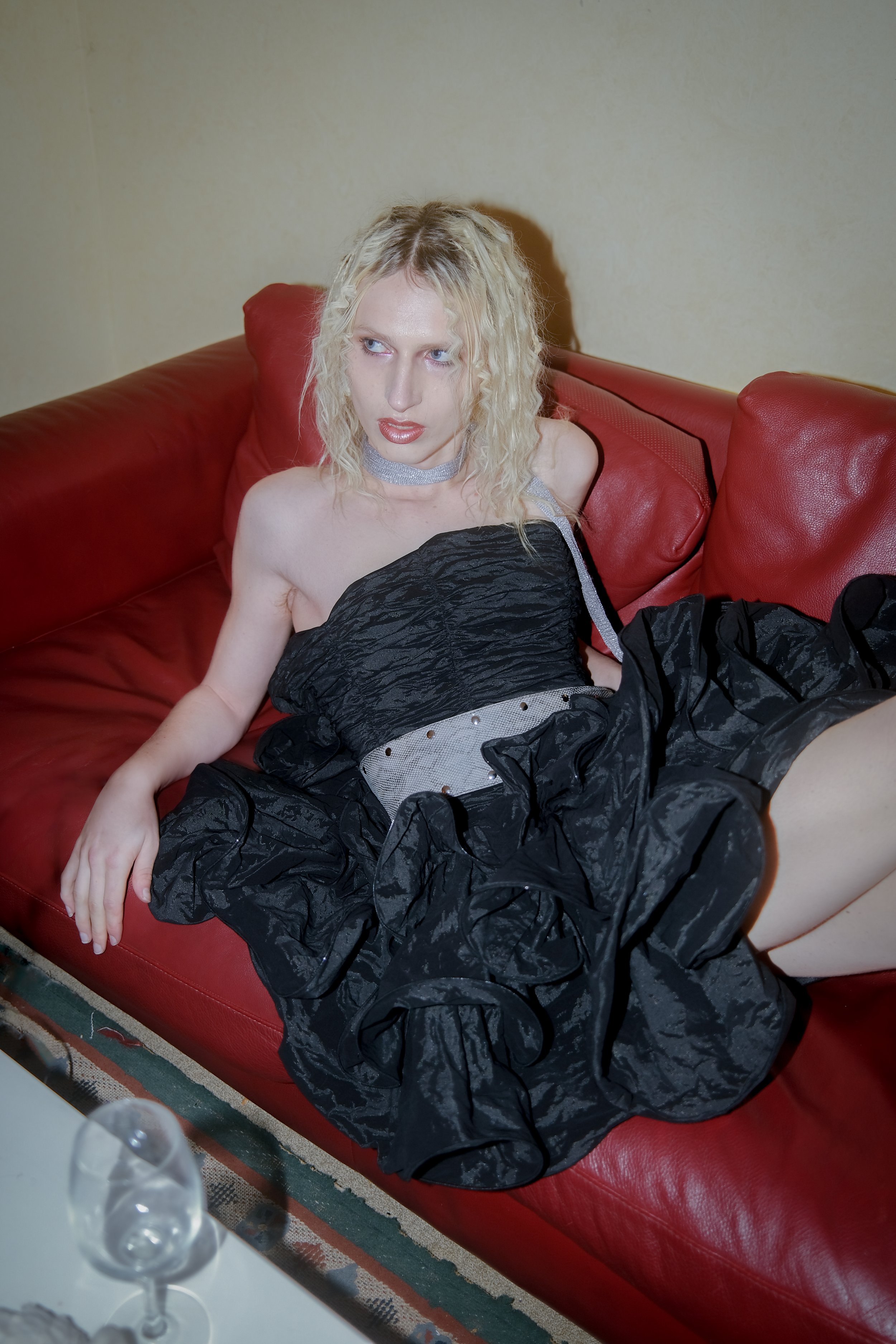
"I got no money, you got no money, we got a good time"
Aotearoa
Written by Lucy Watson (she/her)
Photography by Abigail Dell'Avo (she/her)
Creative Direction and Styling by Yana Kulishenko (she/her)
Modelling by Milo Nelson (she/her)
Hair by Anna Guo (she/her) and Ansel Xu (he/him) of AN ERA CREATIVE
Aotearoa (New Zealand) is a small place, and since the pandemic, the struggling economy has meant that more and more third places—particularly hospitality venues—have been forced to shut their doors. It feels almost anti-Aotearoa to see these communal spaces of gathering—where once we could enjoy the company of friends and family, and share a meal or a drink—closing at such a rapid rate.
Yet here we are.
A forgotten part of these closures is the impact on us young people. What should be a time of exploring ourselves and enjoying our early 20s, has instead become a socio-cultural hellscape of balancing presentability with our desire to go out and enjoy our youth.
In a world where health is scrutinised on the foundations of warped, chronically-online perceptions and standards (think Clean Girl or Sleepy Girl Mocktail), expressing sexuality and playfulness, especially in the clubbing scene, is regarded with contempt. Partying is seen as cosplaying a decade-old post-recession world; contrived contrarian behaviour, rather than a means of self-expression and–simply put–having fun.
I’m 21, and aside from my first year of university, I’ve felt this non-verbal but palpable stigma when going out more than once a week. In this new world that has become increasingly critical of partying, I'm left feeling ashamed.
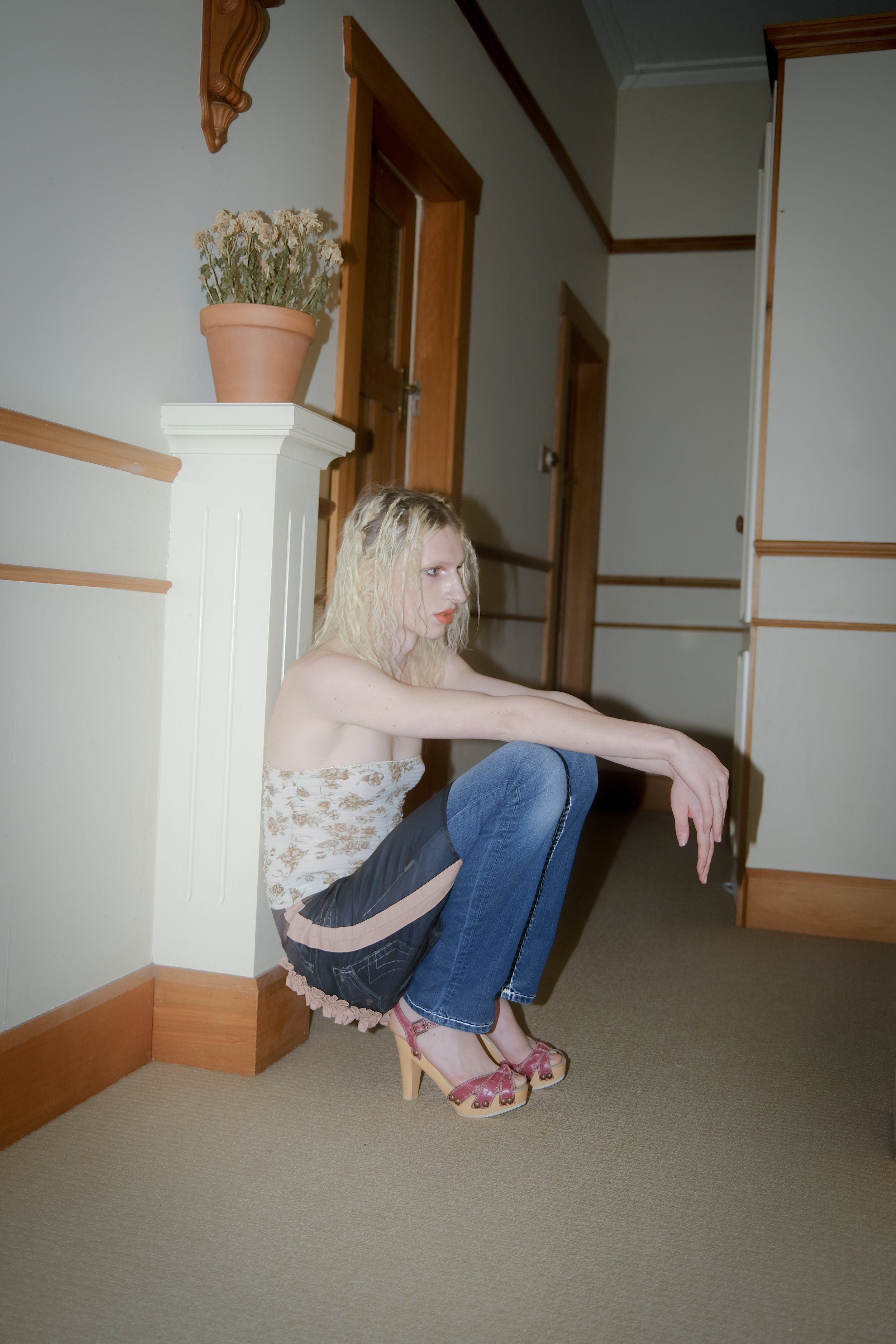
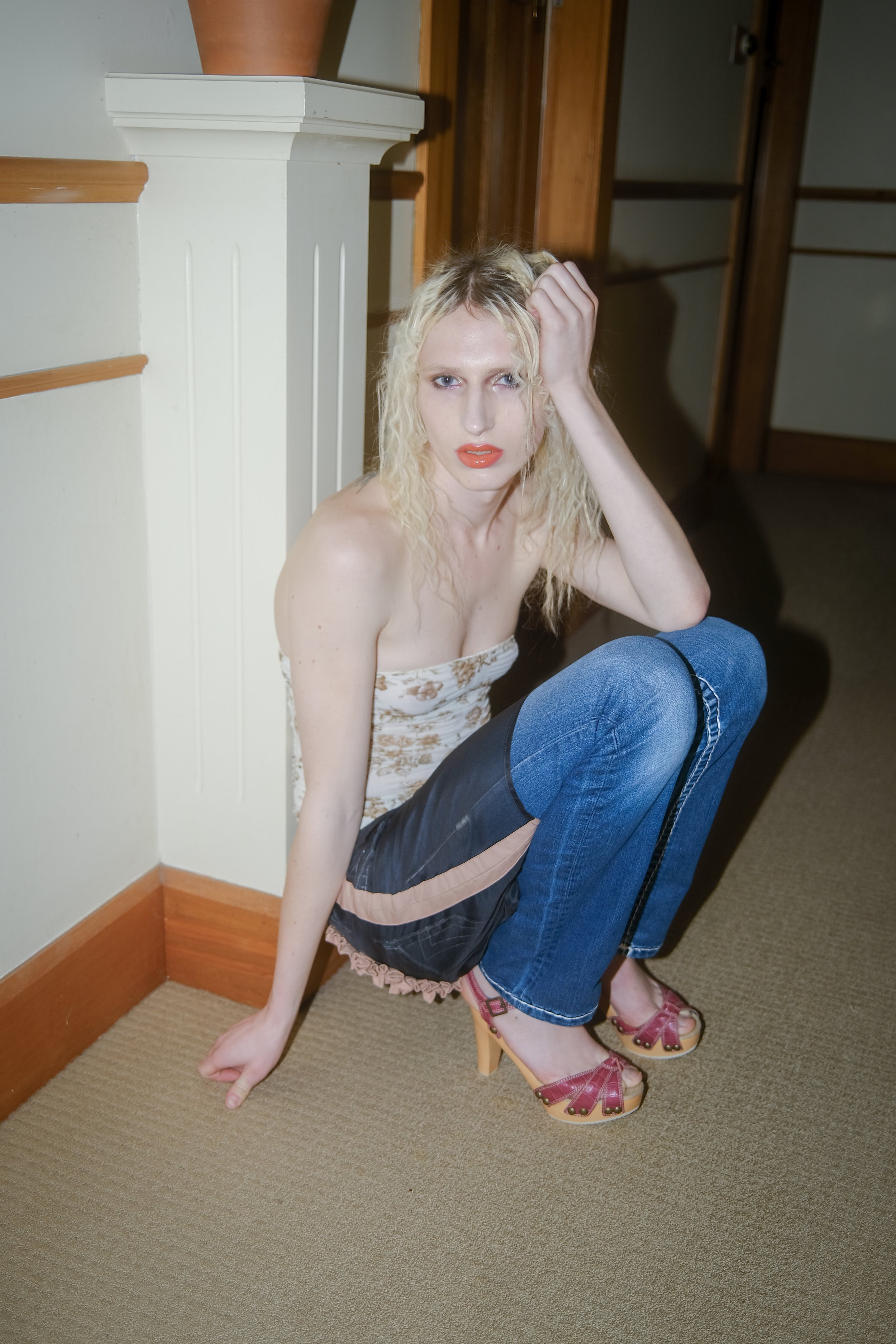
What is happening in NZ.
I’m not the only one that feels this way. The cost-of-living crisis and the effects of the pandemic has shifted the energy in Aotearoa cities. Walking through the streets of my city Pōneke, day or night, feels weirdly empty, as if it’s lost some of its vibrancy and character. The nightlife and clubs in Pōneke are particularly neglected by young people.
What full-time student can afford to go to a pub, or pay a club entrance fee, or buy a $16 drink to sustain an hour of dancing?
Not only are students struggling to go out, but club and venue owners are also struggling to make ends meet with high lease prices and inconsistent clientele. There is a certain crowd that keeps the clubs afloat: first-year university students or those 25-and-ups with full-time jobs to finance their night out. Like most 21-year-olds, I opt out of clubbing, mainly because clubs have become almost indistinguishable from one another. Most play one of two playlists: popular TikTok songs or early 2000s party classics. Plus, as a woman going out, there’s always the risk of seedy drunk guys non-consensually slipping their arm over your shoulders or grabbing your waist. The club culture in Aotearoa has turned into a place where you either find a hook-up or get as drunk as possible. The party in club culture is gone.
Since clubbing is now gauche, young people have been forced to get creative. In this new era, house parties are making a comeback, and independent collectives founded by students and artists pop up every week, with gigs across the city. Organisers hire cheap venues like historic WW2 bunkers or warehouses to play donk, dark techno, deep house or breakbeats to a hundred or so enthusiastic dancers. The various collectives rely on booking local DJs charging koha (a donation) or $5-$20 tickets. These one-off events are accessible and revolve around the music, the people and the local talent. Clubs don’t do that anymore.
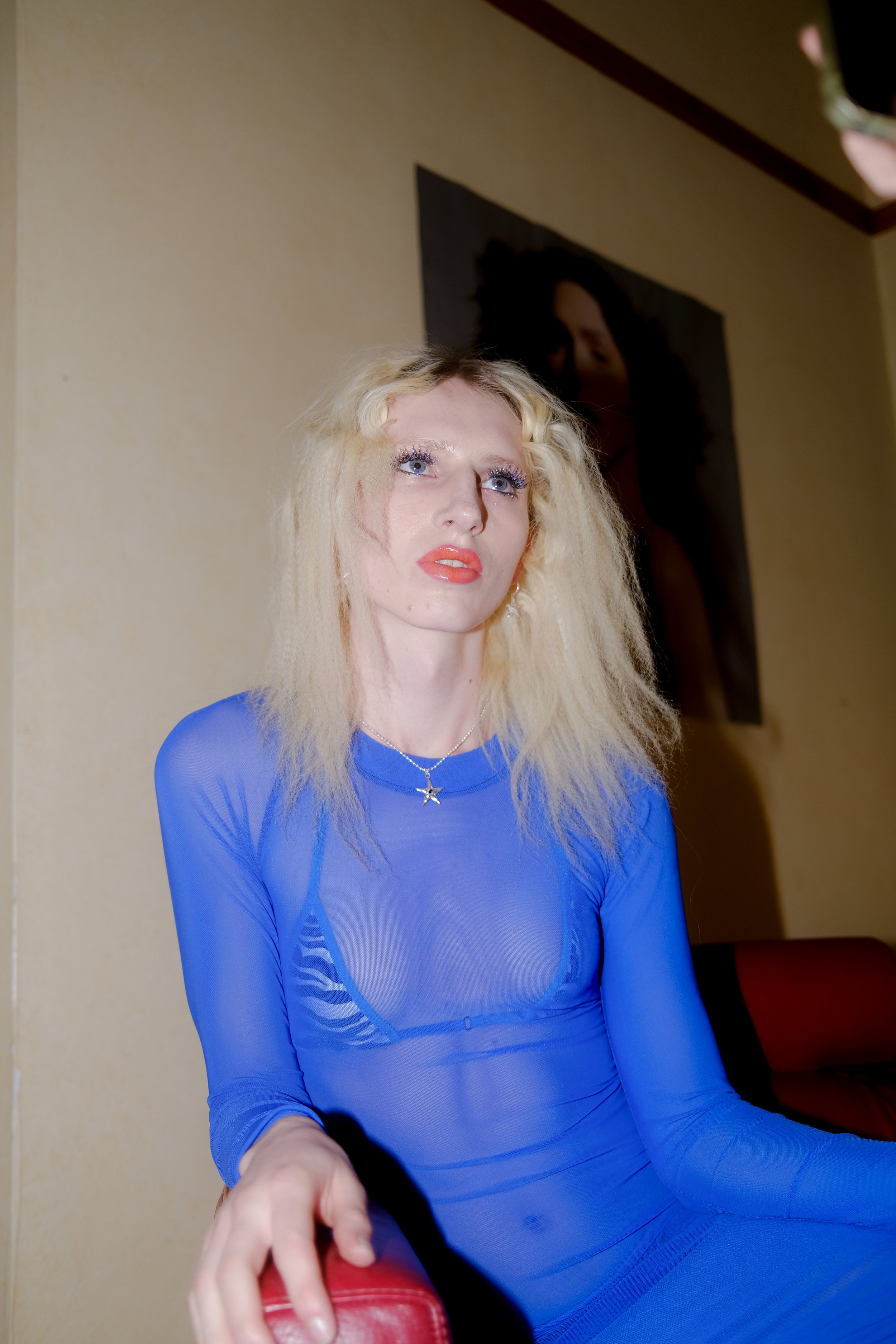
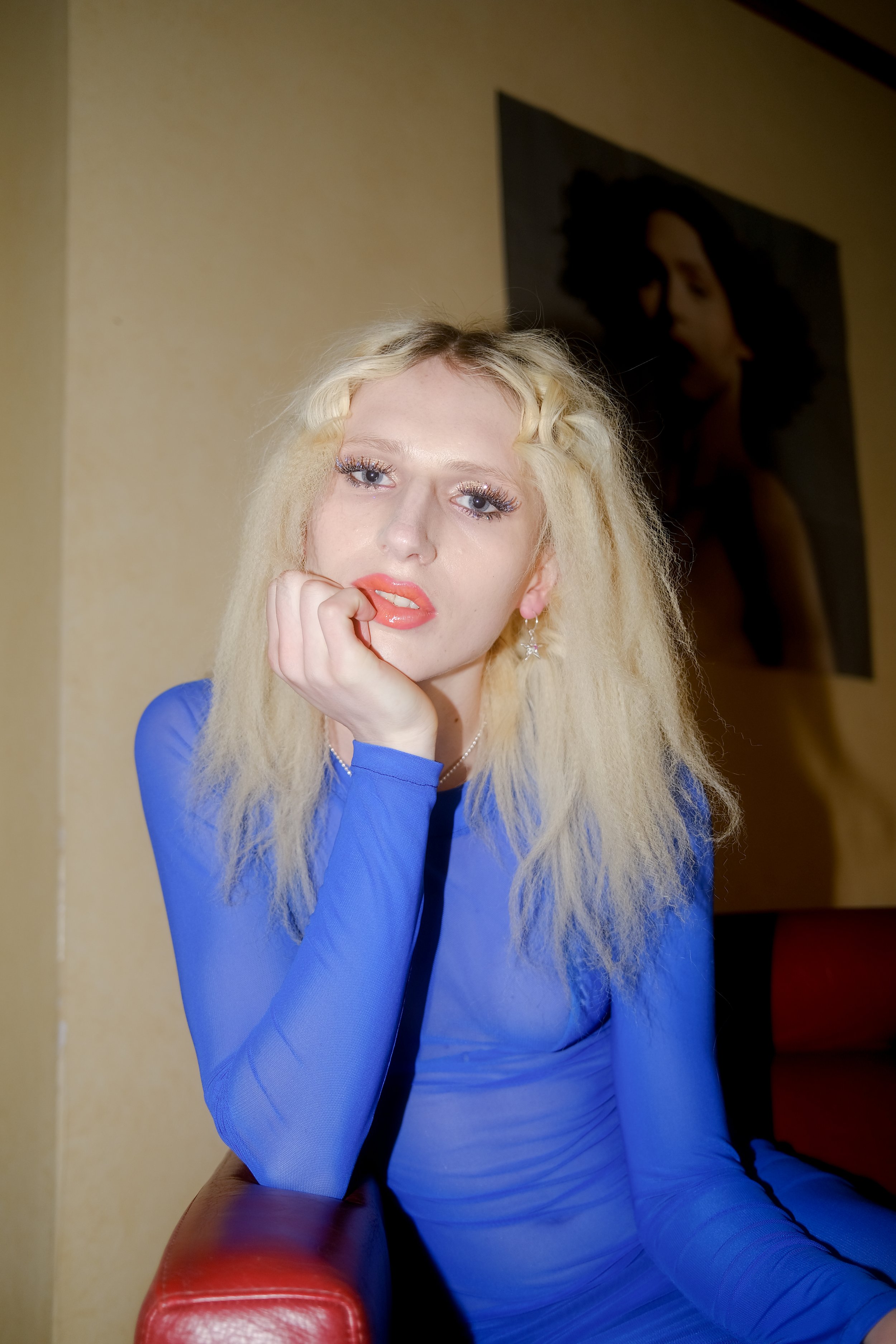
The problem lies in the intersection.
Losing our clubbing culture means losing vital safe spaces for diverse groups, where we can gather and have fun. The club’s growing reliance on watered-down drinks and one-off gigs with ‘big names’ means that there’s no sizeable core of regulars filling the dance floor. There is no church or family atmosphere in clubs like there used to be.
Clubbing was not originally founded as a place to get drunk, listen to the same music or find a one-night stand. Church atmosphere–creating a space where people are safe to come together and freely express themselves–was the mirror through which clubs were created. Originating in the late 19th century as queer spaces that nurtured the LGBTQ+ community, clubs were both underground and open to all. They were places specifically made by and for the queer community as spaces where LGBTQ+ people could express themselves creatively through music, fashion and dance. In turn, innovating how we party and the music we listen to, from disco to house to pop.
Clubbing was full of bustling sexy energy inherent to queer spaces and the bodies that occupied them. The LGBTQ+ community pioneered how we party, creating club and ballroom culture out of necessity. The ballroom scene especially enabled queer communities to create their own family structures in the form of houses, led by mothers and fathers who provide guidance and support to their house children. Balls are a source of queer celebration and artistry; they are safe spaces, to allow reprieve from an outside world that can be hostile to the queer community.
As clubbing culture has become mainstream, gentrification and commercialisation have been its downfall. Instead of serving as spaces of community and creativity, clubs aim to sell as many drinks as possible and meet profit margins. Turning their back on the history of clubs and the queer community, the whitewashing and mass closure of clubs affect queer people the most. And that’s not confined to the last four years.
Writer and curator, Gemma Rolls-Bently, discussed how sacred queer spaces are under threat in her book ‘Queer Art: From Canvas to Club, and the Spaces Between’. She explains that significant progress in LGBTQ+ rights across the Western world has created this perception of equality that overlooks the nuanced challenges faced by the wider queer community. This inaccurate perception of equality has led to a lack of prioritisation and protection of queer spaces. It is estimated that both London and New York have fewer than half of the queer venues they had in the 1990s. The pandemic and mass gentrification that has affected clubs worldwide has disproportionately affected queer clubs. Aotearoa is no stranger to this phenomenon.

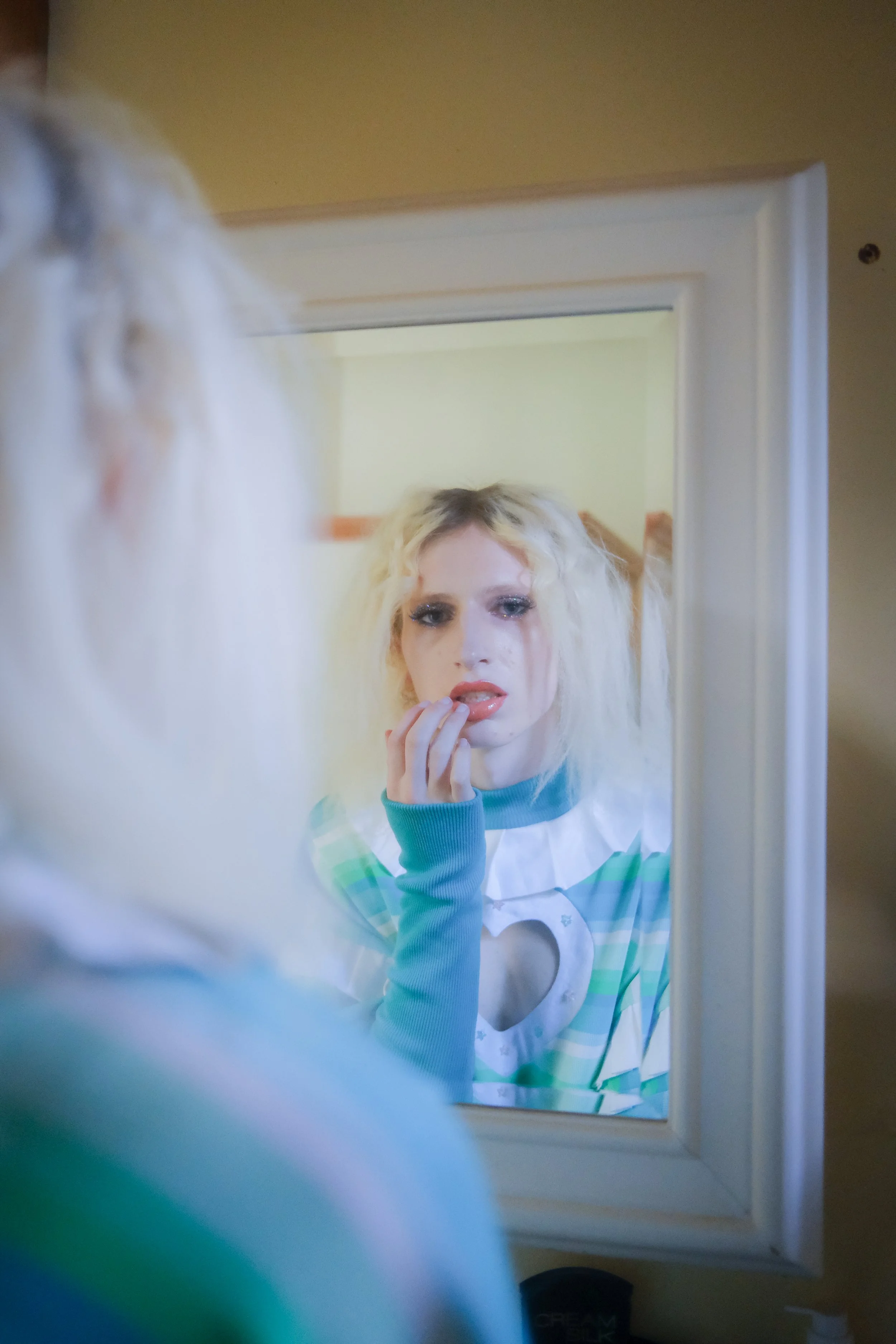
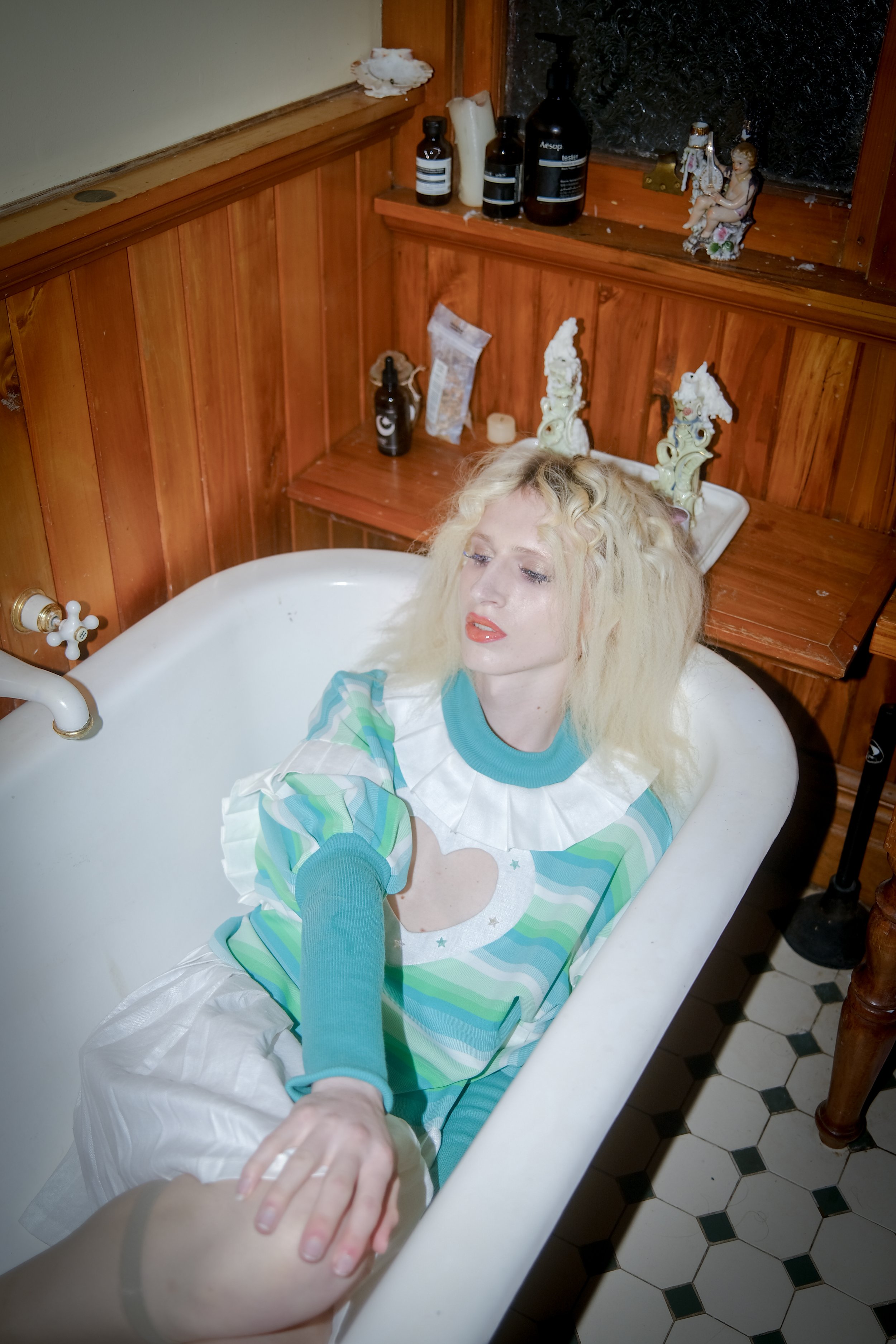
So what am I calling for?
Rising costs and the economic downturn have shifted the energy in our cities. There’s a loss of life and character in Pōneke. Pōneke is known for being the cultural artsy capital of Aotearoa, but in reality, even if you’re artsy and expressive, you continue to stick out like a sore thumb.
The rise of wellness culture makes me worry about the alarming extent and influence the digital world has on how we live. Social media is becoming a bigger part of our lives, and our world is increasingly becoming a competition of hashtags and views. We’ve begun using different trends and niche inconsequential aesthetics (think ‘demure’ and ‘mindful,’ or even ‘brat’) to express identity, instead of embracing individuality and discovering ourselves through real-life experiences. We’ll always need safe spaces to be creative, connect with each other and let loose. Partying is more than just getting drunk or having a hookup, it’s how we socialise and create ourselves in real-time.
Beyond the need for individualism that “niche” culture has ironically overpopulated, is the exceptional need for protection of queer spaces and communities. The recent Aotearoa census shows that 1 in 20 Aotearoaers identify as LGBTQ+. In Pōneke, we have the highest proportion of the rainbow population, but only one queer nightclub. It’s vital that we make more queer spaces, not just maintain the ones we have, but on the current track we might lose even those.
All of this is frightening and depressing. Growing up is hard and sometimes it feels like everything's getting worse. My country faces the most far-right government Aotearoa has seen, rising unemployment, high cost of living, and vulnerable communities under threat. Aotearoa is becoming more and more polarised, and I need spaces to go and live, where I can meet people, dance, dress up and have fun.
It is exactly this reason that we need more spaces to gather, to express ourselves and have our church atmospheres back.



In my perfect world
I have hope for the future. There are already collectives championing and protecting queer artists and music in Aotearoa. The collective Practise Presents provides DJ practice sessions catered towards queer, takatāpui, trans, gender -diverse communities and women to learn and hone their DJ skills. Or NYMPHO, a collective that puts on club nights hailed by gender diverse and queer DJs. These collectives are doing amazing work and we need more government-backed organisations that protect and nurture our queer spaces.
If there’s one thing I’d like to see change in clubs, it's for them to be more authentic. I want to see clubs make the dancing and the music the centrepiece of what they offer. An array of clubs where it doesn’t matter who’s DJing; you know everyone's going to be dancing and simply there to have a good time.
In my perfect world, there would be a local or national policy around nightlife. Too often, clubs and music venues are dictated by other policies, whether that be noise control, zoning issues, or earthquake strengthening. We need purposeful legislation that prioritises and nurtures our nightlife. We should follow London’s example—they have a Night Czar and a music board that campaigns to protect London’s grassroots music scene. Both were established in 2016 in response to a dying nightlife which has garnered equal praise and criticism. The Night Czar created a nighttime tube service, a women’s night safety charter and an LGBTQ+ venues charter. But they haven’t combatted all the challenges facing clubs, such as rising rents, tough liquor licensing laws and noise complaints. London’s efforts can’t save every venue from closing up shop, but it is a commitment to an inclusive and thriving nightlife. There have been calls for Aotearoa to follow the same suit and I think Wellingtonians would love to see our nightlife and culture prioritised by the government.
All this to say: please, as a broke twenty-something, I want to go out and party. I want to go to church.



Lucy @lucywats0n_ is a recent journalism graduate, based in Poneke, Aotearoa. She enjoys writing about her community, the people in it, and what makes the city tick.
Abigail @abigaildellavo is a photographer, community builder, and urban enthusiast based in Tamaki Makaurau, Auckland. She is passionate about creating more space for BIPOC and queer folk.
Yana @yanaisanxious is a Ukranian creative based in Tamaki Makaurau. She merges her love for fashion with different means of visual communication to create something new and relevant; often through styling or photography.l
Milo @_.milo1 is a full time party girl, part time model; London born and based, NZ bred. Her special interests include mammal taxonomy and long walks on the beach.
Ansel and Anna are the founding duo behind AN ERA CREATIVE @aneracreative . With nearly a decade of experience in hair and makeup, they are passionate about crafting looks that enhance natural beauty while embracing the transformative artistry that fashion demands.
